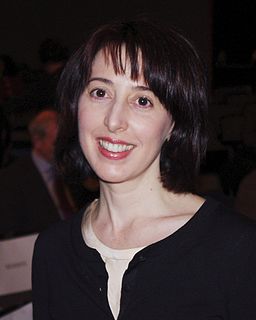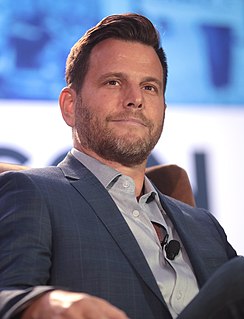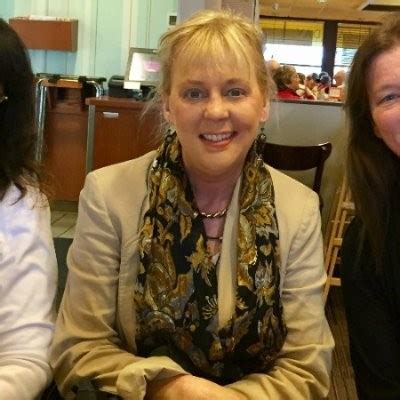A Quote by Marilynne Robinson
I like a book to be full of the memory of what it is, a voice in an endless conversation, and yet at the same time to be new.
Related Quotes
There's a certain kind of conversation you have from time to time at parties in New York about a new book. The word "banal" sometimes rears its by-now banal head; you say "underedited," I say "derivative." The conversation goes around and around various literary criticisms, and by the time it moves on one thing is clear: No one read the book; we just read the reviews.
Memory is strange. Scientifically, it is not a mechanical means of repeating something. I can think a thousand times about when I broke my leg at the age of ten, but it is never the same thing which comes to mind when I think about it. My memory of this event has never been, in reality, anything except the memory of my last memory of that event. This is why I use the image of a palimpsest - something written over something partially erased - that is what memory is for me. It's not a film you play back in exactly the same way. It's like theater, with characters who appear from time to time.
believe that you've had most of your important memories by the time you're thirty. After that, memory becomes water overflowing into an already full cup. New experiences just don't register in the same way or with the same impact. I could be shooting heroin with the Princess of Wales, naked in a crashing jet, and the experience still couldn't compare to the time the cops chased us after we threw the Taylors' patio furniture into their pool in eleventh grade.
I am a product of endless books. My father bought all the books he read and never got rid of any of them. There were books in the study, books in the drawing room, books in the cloakroom, books (two deep) in the great bookcase on the landing, books in a bedroom, books piled as high as my shoulder in the cistern attic...In the seemingly endless rainy afternoons I took volume after volume from the shelves. I had always the same certainty of finding a book that was new to me as a man who walks into a field has of finding a new blade of grass.
When you first quit your regular job and you become a full-time writer, you are paralyzed with free time. You have so much free time. When you are at home, you have a guitar. There's a cat. You got to find ways to create an environment when writing is like going to work. Be efficient with the hours you put into the book. So I go there the same time, every day - like 7:30 am - and I leave around 2 pm, or longer, if I have a deadline.
The face of the water, in time, became a wonderful book- a book that was a dead language to the uneducated passenger, but which told its mind to me without reserve, delivering its most cherished secrets as clearly as if it uttered them with a voice. And it was not a book to be read once and thrown aside, for it had a new story to tell every day.
The images are visual, auditory, olfactory, kinesthetic. They aren't laid down on the same tracks as thought. And sometimes, when they return to you, it is as if you feel them for the very first time. Memory lives on in the details, like the color of a room, a tone of a voice, the touch of a child, the smell of a man.
There are no words and there is no singing, but the music has a voice. It is an old voice and a deep voice, like the stump of a sweet cigar or a shoe with a hole. It is a voice that has lived and lives, with sorrow and shame, ecstasy and bliss, joy and pain, redemption and damnation. It is a voice with love and without love. I like the voice, and though I can't talk to it, I like the way it talks to me. It says it is all the same, Young Man. Take it and let it be.






































